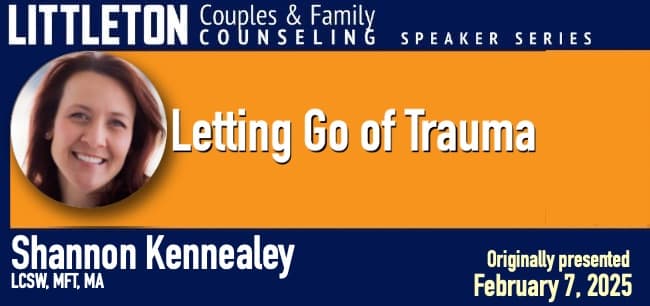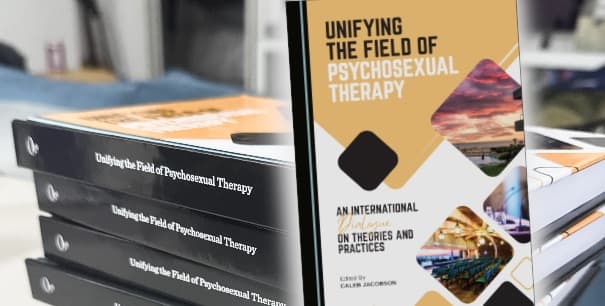the damaging impact of “you are...” messages with ADHD
As a fellow person with ADHD, I’d be willing to bet you have had at least one of the following said to you. I’d be willing to bet even more that you have heard most of them. Unfortunately, all of these statements are more damaging than most people could ever believe.
- You are lazy.
- You are stupid.
- You are always late.
- You need to try harder.
- You will never be successful.
- You are undisciplined.
- You are a disappointment.
- You are a failure.
A lifetime of statements like these from trusted people you look up to— parents, teachers, clergy, friends— impact our very view of ourselves and our place in the world. They foster and enforce a feeling of shame and worthlessness. Your social media feed is a non-stop narrative of what society expects… and how you repeatedly fail at the simplest of tasks.
All of us are indoctrinated into what our culture deems as normal, desirable, and acceptable. Through traditional gender roles, society places a greater importance on what is preferred and acceptable for girls and women. Because ADHD deviates a person from the societally-accepted norms, “you” statements can be more insidious to females.
You have probably heard a friend with ADHD say something along the lines of “why bother... I’ll never be able to do that.” Over time, the cumulative impact of all those “you” statements on a person with ADHD alters their view of their authentic self, their place in the world, and their value to others. The more “you” statements they receive, the more they tend to believe, internalize, and eventually embody those traits in perpetuity.
#adhdtips
Reconciling these statements with their inner self view can be very confusing and exhausting to a person with ADHD. If you have ADHD, you know you are smart. You see your confidence and abilities chipped away by others. You see when you do accomplish tasks, yet others deny rewards and keep throwing these “you” statements at you.
It’s time to stop hyperfocusing on the external negatives and acknowledge there’s something strong and worthwhile inside.
Breaking free from the shackles of “you” statements towards discovering the authentic you can be a journey in and of itself. Let me be the first to welcome you in to the club of folks with ADHD who strive for a healthier self-view with five important “you” statements:
- You are normal.
- You can do it.
- You are whole.
- You are valuable.
- You are not alone.







